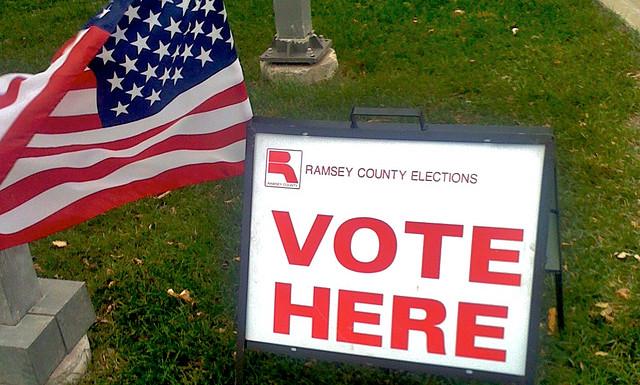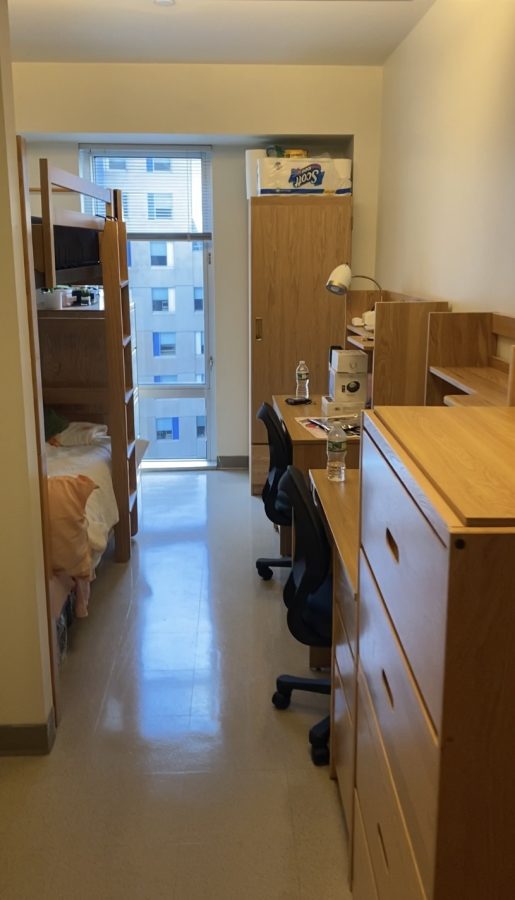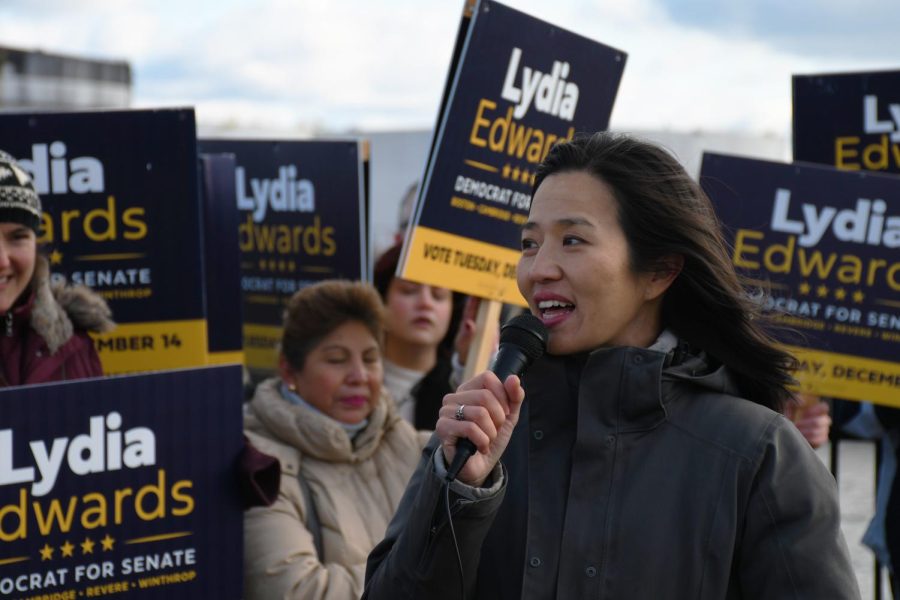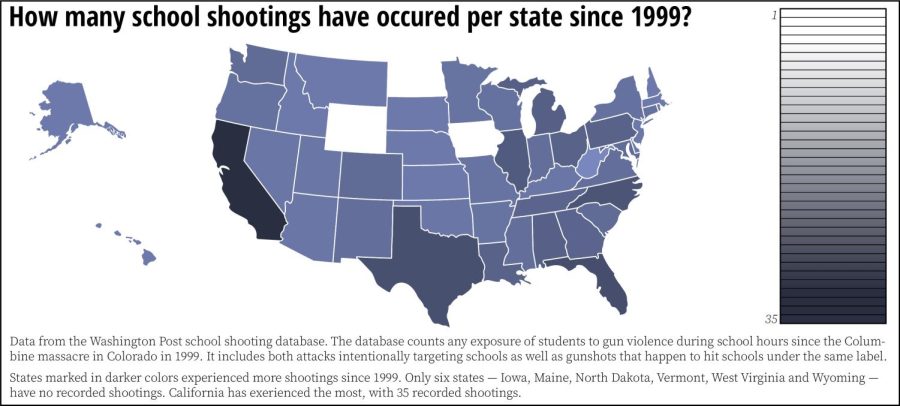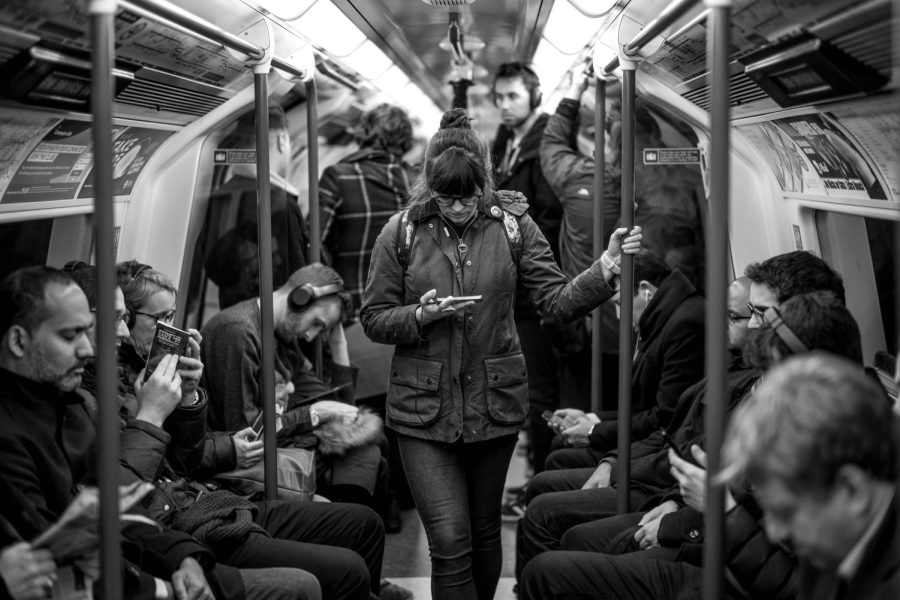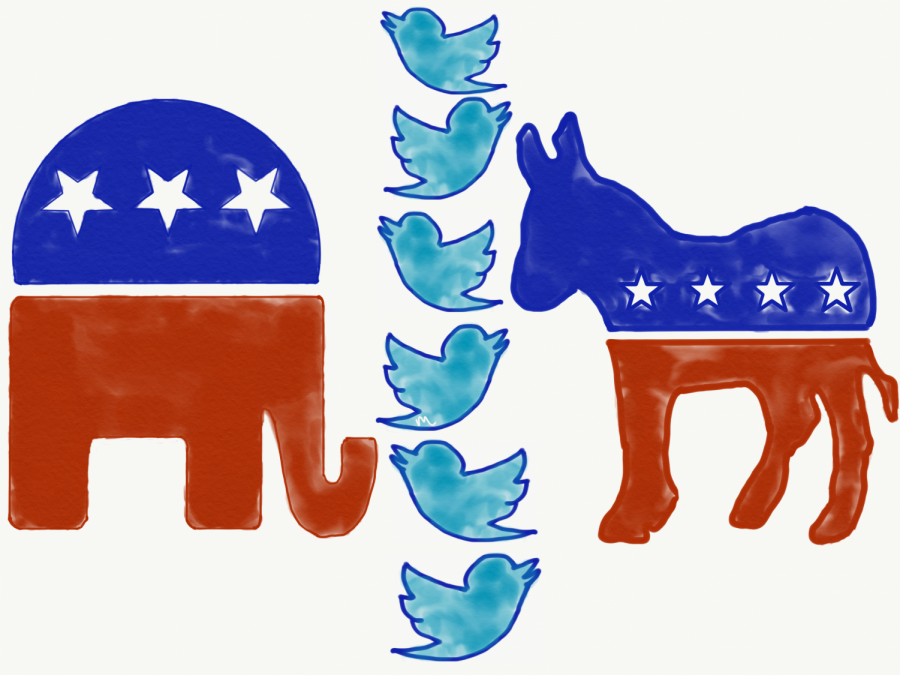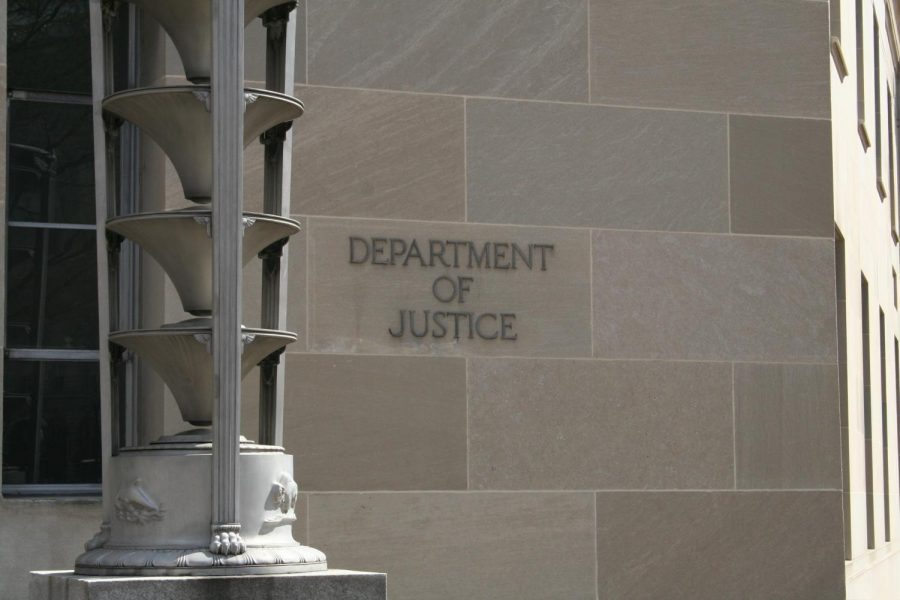By Sean Connolly, Editorial Section Editor
This Tuesday was election day, and in the grand American tradition, citizens came out to choose their leaders. While this was not a year of congressional or presidential races, there were still important decisions to be made throughout the country. Different states had different elections, covering a wide range of political positions. Many cities, including Boston, held elections for city council. There were races for school boards, mayors, state congresses and governors. There were also referendums, including one in Ohio where marijuana legalization was rejected. People came out to vote their minds in all of these areas. Truly, Tuesday was an example of the raw power of the people.
At least, it was an example of the raw power of the small percent of voting-eligible Americans that turned up to vote. It’s no secret that voting participation in America is extremely low. Presidential elections turnout the highest amount of voters, but even the 2012 presidential election only brought in a 57.5 percent voter turnout, a decrease from 62.3 percent in 2008. Elections on local levels have even smaller turnouts. This Tuesday, a controversial result in Kentucky brought in Matt Bevin, a conservative who has sworn to repeal elements of the state’s involvement in Obamacare, as governor, despite polls predicting his democrat opponent would take the victory. Despite interest by national media, only 30.7 percent of voters turned out in this election. Here in Boston, only 14 percent of registered voters cast a ballot in the city council elections.
America has a long tradition of the disenfranchised fighting to be allowed to vote. Our country started with a voting system that only allowed upper-class white males to vote, and it’s been a long and hard struggle to get to universal suffrage. From women suffragettes who gained women the right to vote, to black civil rights proponents who fought against systems that intentionally disenfranchised black voters, to student activists who lowered the voting age from 21 to 18, groups throughout American history have struggled to gain what should have been their right as citizens; the right to vote.
Victory in suffrage, however, has been undermined by extreme voter apathy. There’s a certain feeling that an individual vote doesn’t matter compared to the total amount of voters. One obvious issue with this is, when everyone feels this way enough people abstain from voting to have serious effects on elections, and the outcomes often become determined by hardliners. Contrary to this idea that one vote doesn’t matter, fewer people vote in smaller elections where their votes have more power, and the elected official will have more direct influence over their community.
“It’s sort of ironic because people vote most in the elections that have the least impact on them directly,” Richard Parr, research director at MassINC Polling Group, told The Daily Free Press on Tuesday. “People turn out to vote for presidents, and then fewer people will then turn out to vote for their congressperson or senator or governor, and then even fewer will end up voting for mayor, and even fewer than that will vote for city council.”
Dissatisfaction with candidates also plays a role. Some may feel that no available candidate best satisfies their interests or that nothing substantial will change no matter who is elected, but not voting at all certainly won’t change this. A better solution is to research and support non-standard candidates. Contrary to popular belief, there are candidates who run outside of the Democratic and Republican Parties, and candidates outside of these two major parties have been gaining more traction. Current Seattle city councilor Kshama Sawant, for example, is the first socialist candidate to win a city-wide election in Seattle since 1916. If you’re unhappy with the status quo, not voting will only serve to perpetuate it; supporting progressive candidates is how to shake the powers that be.
The belief that your vote doesn’t matter is unfounded, especially in local elections. When the major candidates don’t meet your expectation, it isn’t an excuse not to vote, it’s a motivation to find different candidates. The status quo is self-perpetuating; it will rarely present us with candidates offering radical change. If voters want progress made against the injustices and inequalities of our country, it’s up to us to find and support progressive candidates, and to put pressure on elected officials by offering them real threats to re-election. If any real change is going to happen in the US, our abysmal rates of voter participation needs to increase.
Photo Courtesy Tony Webster, Creative Commons


